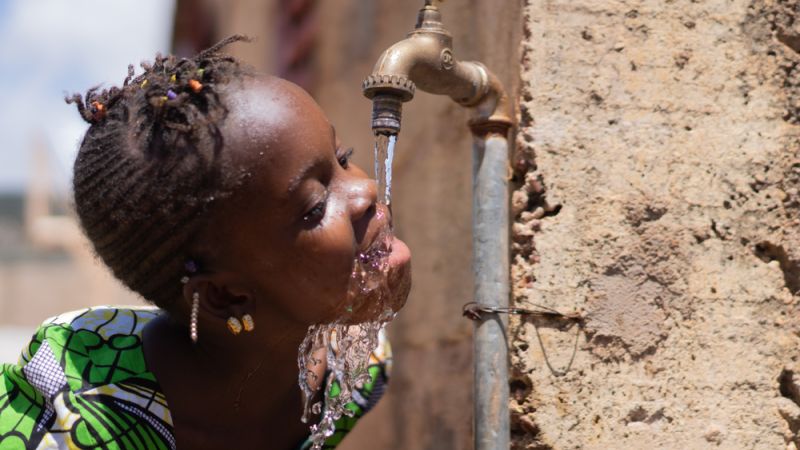At least 40 people have died in Sudan’s western Darfur region amid what aid groups describe as the worst cholera outbreak the country has seen in years.
The international medical charity Doctors Without Borders (MSF) said today that the deaths occurred over the past week as the outbreak spreads in the midst of Sudan’s ongoing conflict, now in its third year.
“In addition to an all-out war, the people of Sudan are now suffering from the worst cholera outbreak the country has seen in years,” MSF said in a statement.
The organisation reported that its teams in Darfur have treated more than 2,300 patients for cholera-related symptoms in the past seven days alone.
War complicates crisis
Sudan has been engulfed in war since April 2023, when fighting broke out between the army and the paramilitary Rapid Support Forces (RSF). The conflict has devastated infrastructure, paralysed the health system, and displaced millions, creating conditions ripe for disease outbreaks.
Darfur, already scarred by decades of violence, has been one of the hardest-hit regions in the ongoing war. Access to clean water and sanitation facilities is severely limited, with humanitarian groups warning that the situation is rapidly deteriorating.
Cholera, an acute diarrhoeal infection caused by ingesting contaminated food or water, can kill within hours if left untreated. The World Health Organization (WHO) considers it a marker of poor sanitation, inequality, and underdevelopment.
Calls for urgent aid
MSF has urged international donors and aid agencies to step up assistance to the region, warning that the outbreak could worsen without immediate intervention.
“Medical supplies are scarce, health facilities are overwhelmed, and reaching affected communities is increasingly dangerous due to the ongoing fighting,” the group said.
The WHO has previously warned that conflict zones face higher risks of large-scale cholera outbreaks because war disrupts water systems, forces people into crowded camps, and reduces access to medical treatment.
In Sudan, many health workers have fled the violence, and those who remain are struggling to cope with the influx of patients. Aid convoys have also been repeatedly delayed or blocked due to insecurity on the roads.
Regional concern
Neighbouring countries have expressed concern about the potential spread of cholera beyond Sudan’s borders, particularly in refugee camps hosting Sudanese civilians.
Health experts say containing the outbreak will require a coordinated response involving clean water provision, vaccination campaigns, and rapid treatment of suspected cases.
For the people of Darfur, however, the dual crises of war and disease are compounding an already dire humanitarian disaster.
As MSF put it: “Sudan’s civilians are facing an impossible choice—risk death from bullets, or from a disease that should be preventable.”

